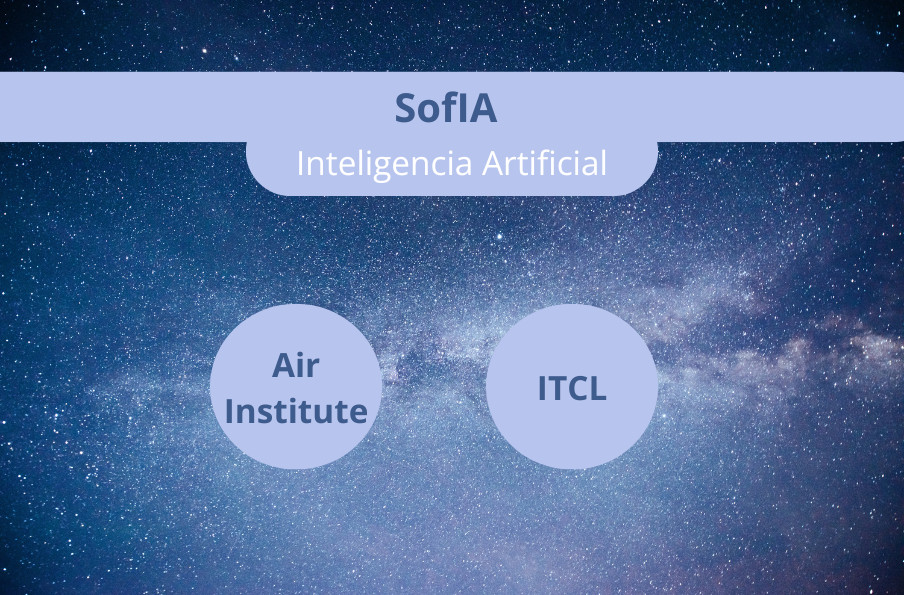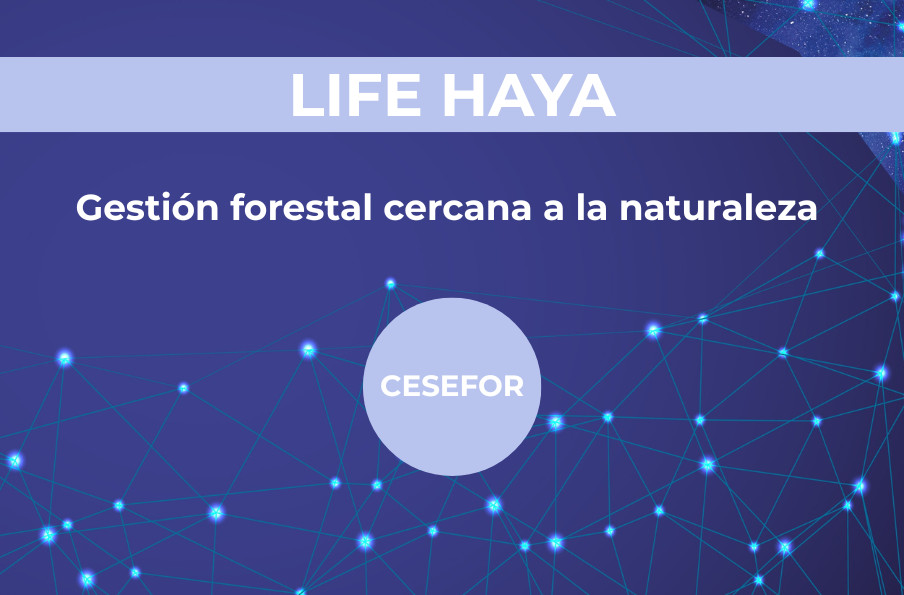The intercenter visit to CETECE in Palencia, organized by NODDO, focused on food and industrial quality and traceability, underlines the importance of collaboration and innovation for the sustainable development of the region, ensuring food quality and safety.
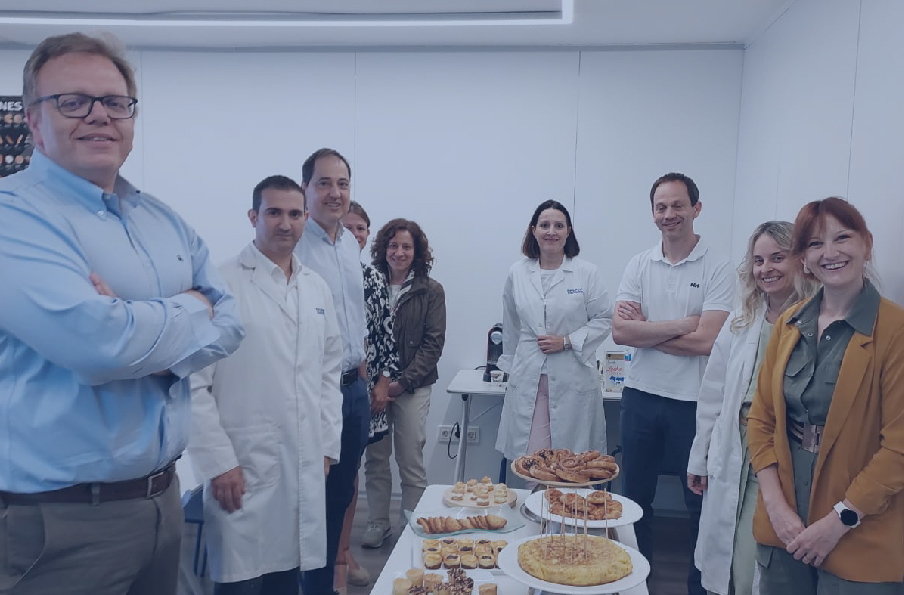
On July 2, we had the honor of attending a significant event at the facilities of CETECE in Palencia, where experts from the technological centers Itagra, CTME, Cesefor, CETECE, as well as representatives of NODDO and the General Directorate of Industry and the Agri-Food Chain and the EIT – Food initiative.
The meeting, focused on food and industrial quality and traceability, underlines the importance of collaboration and innovation for the sustainable development of the region, ensuring food quality and safety.
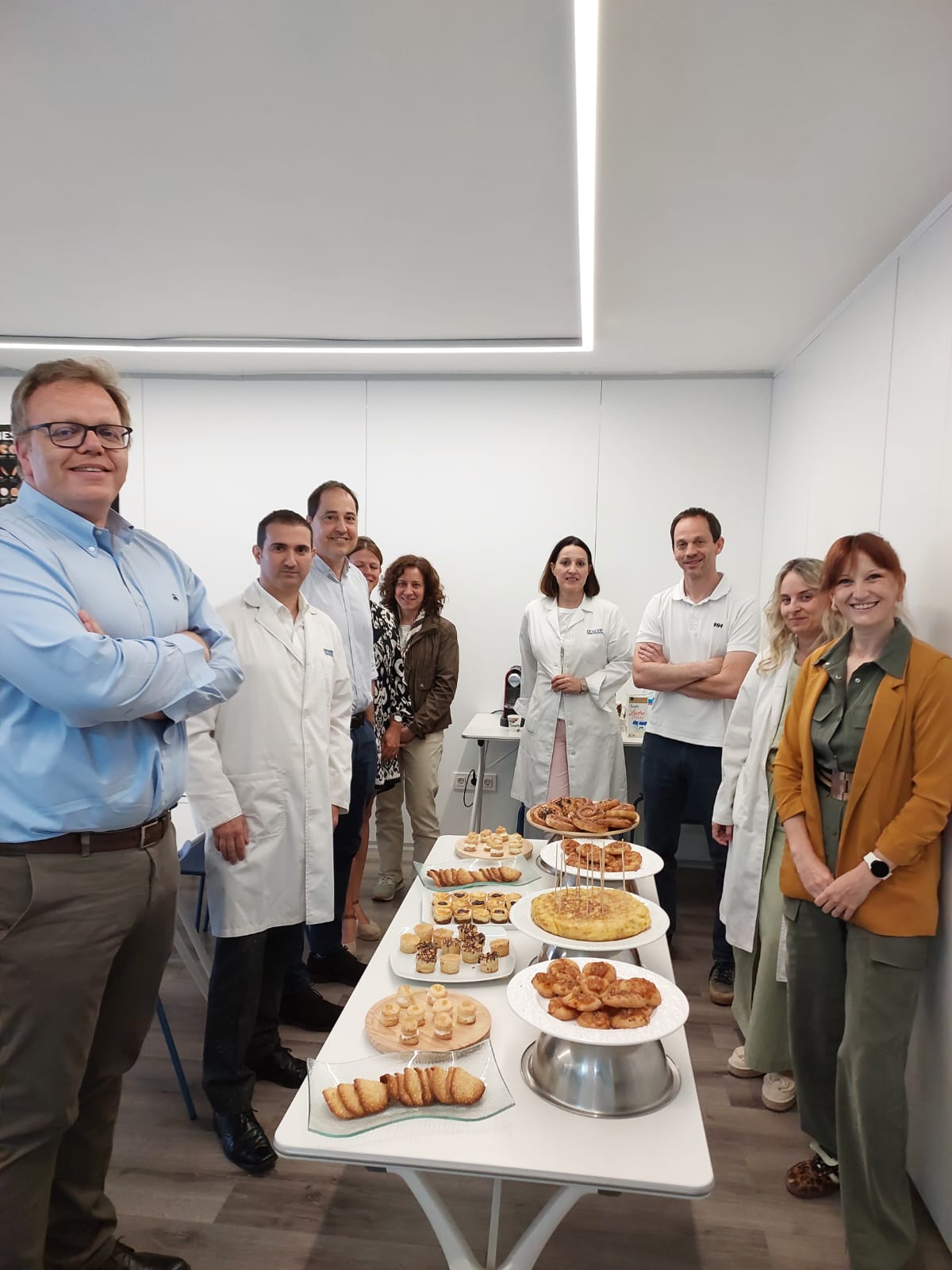
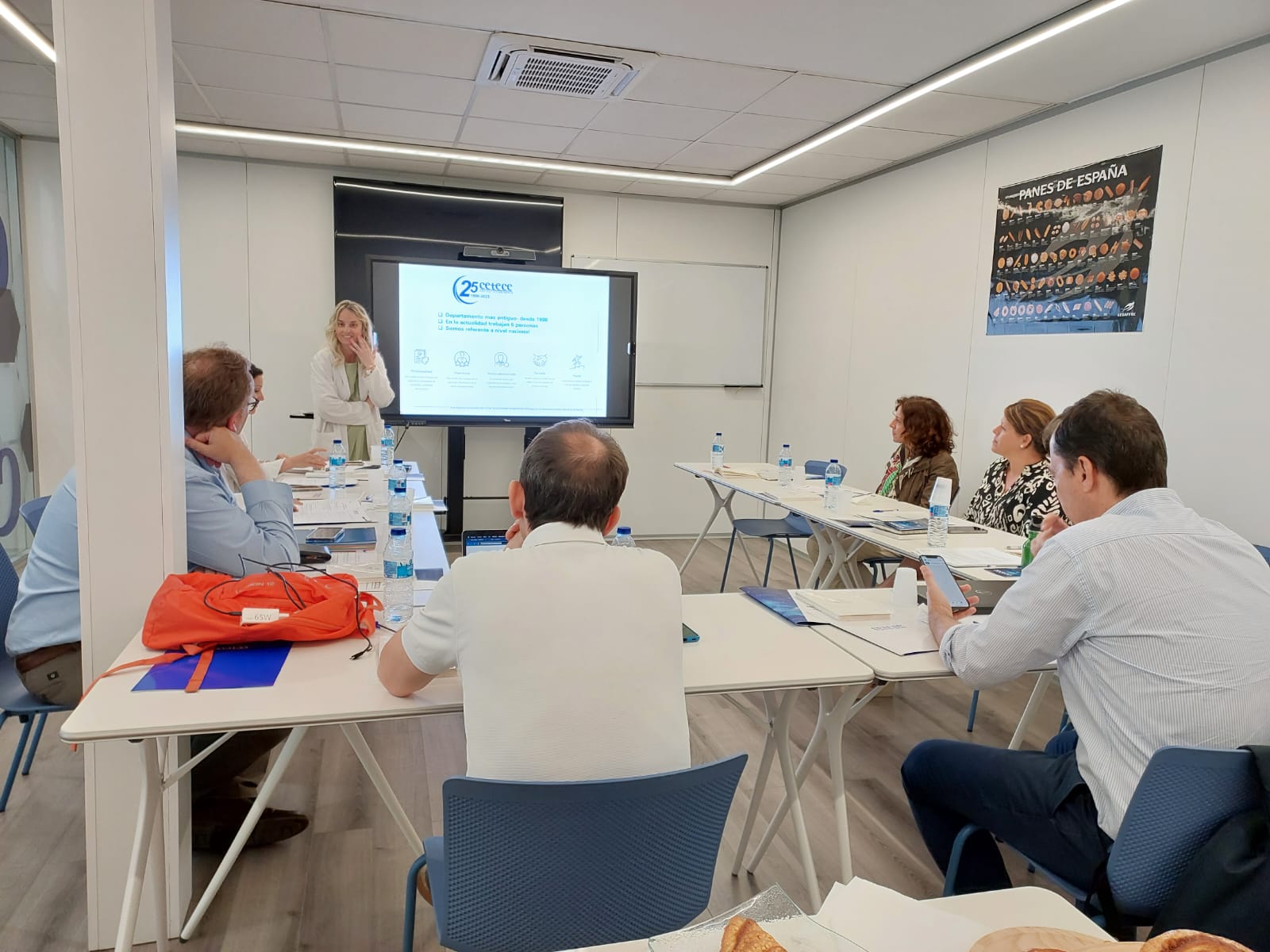
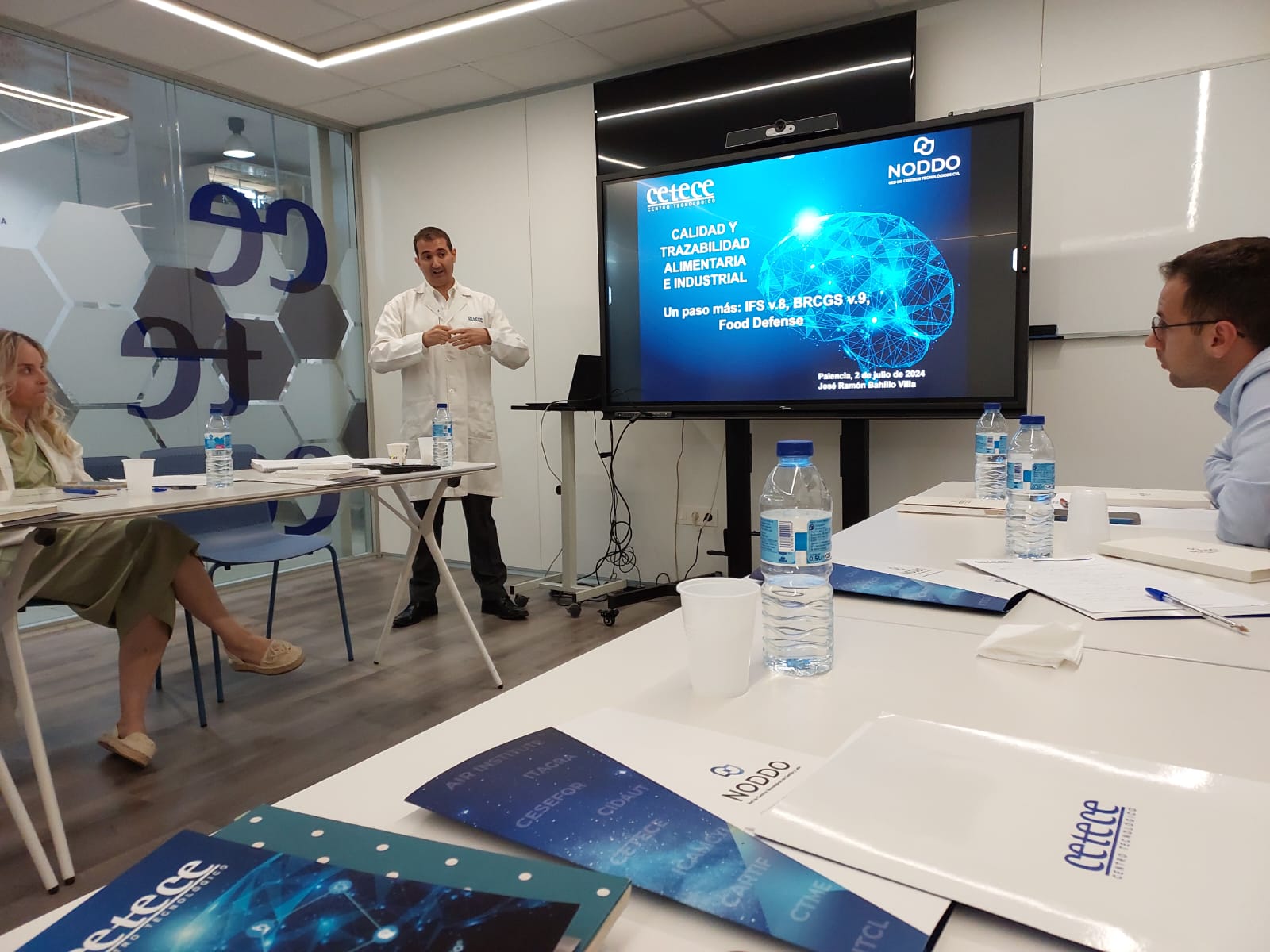
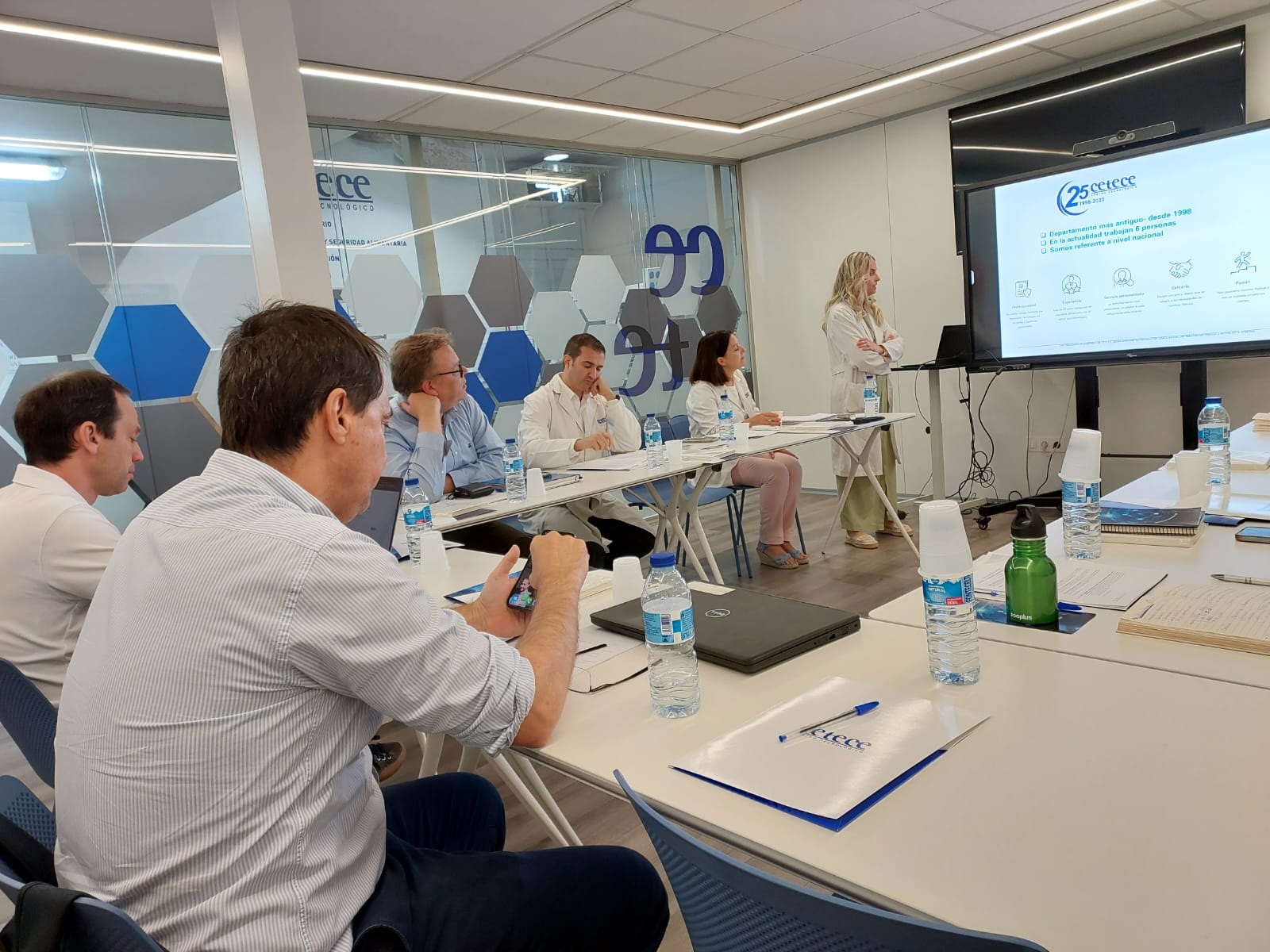
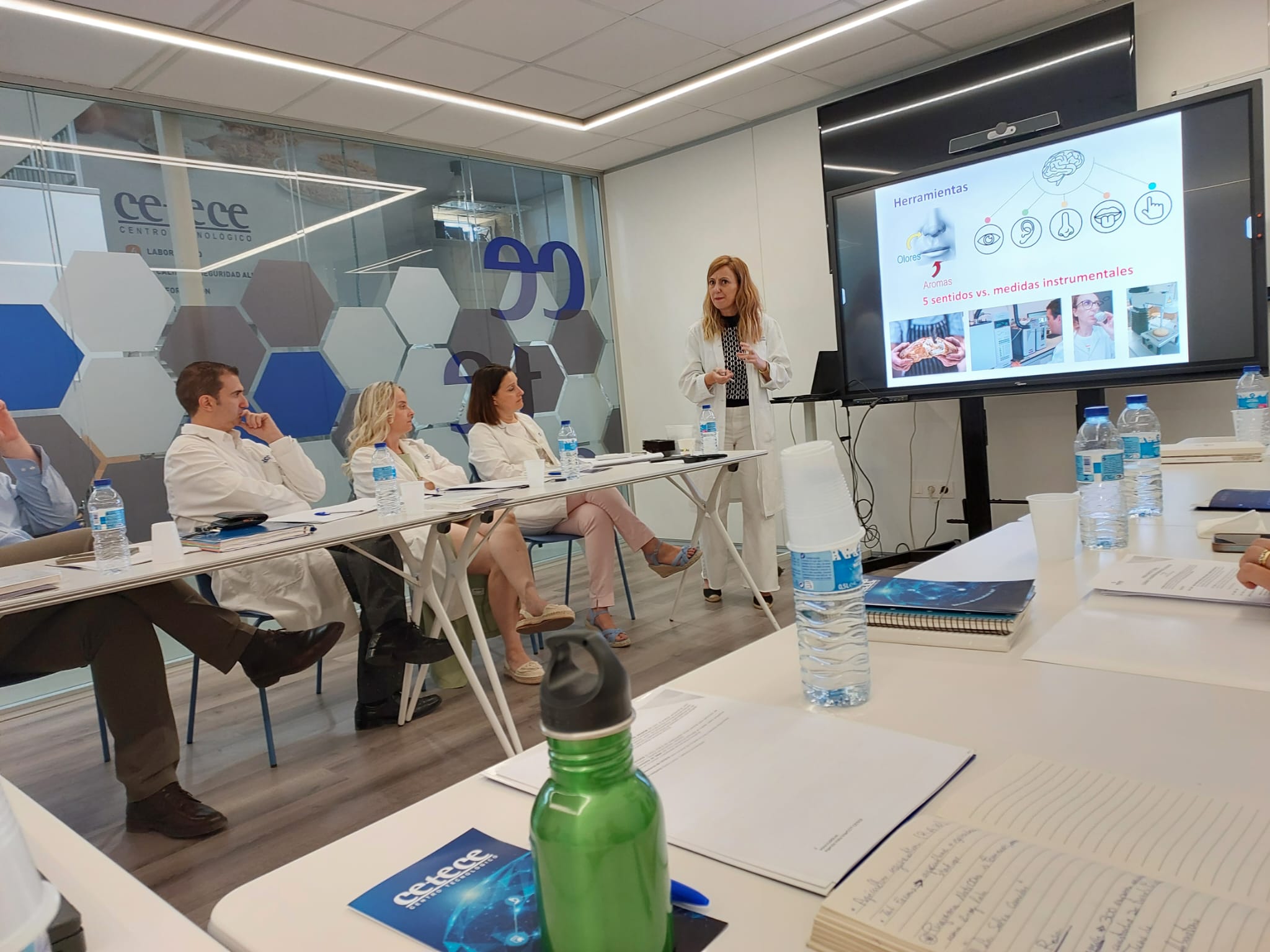
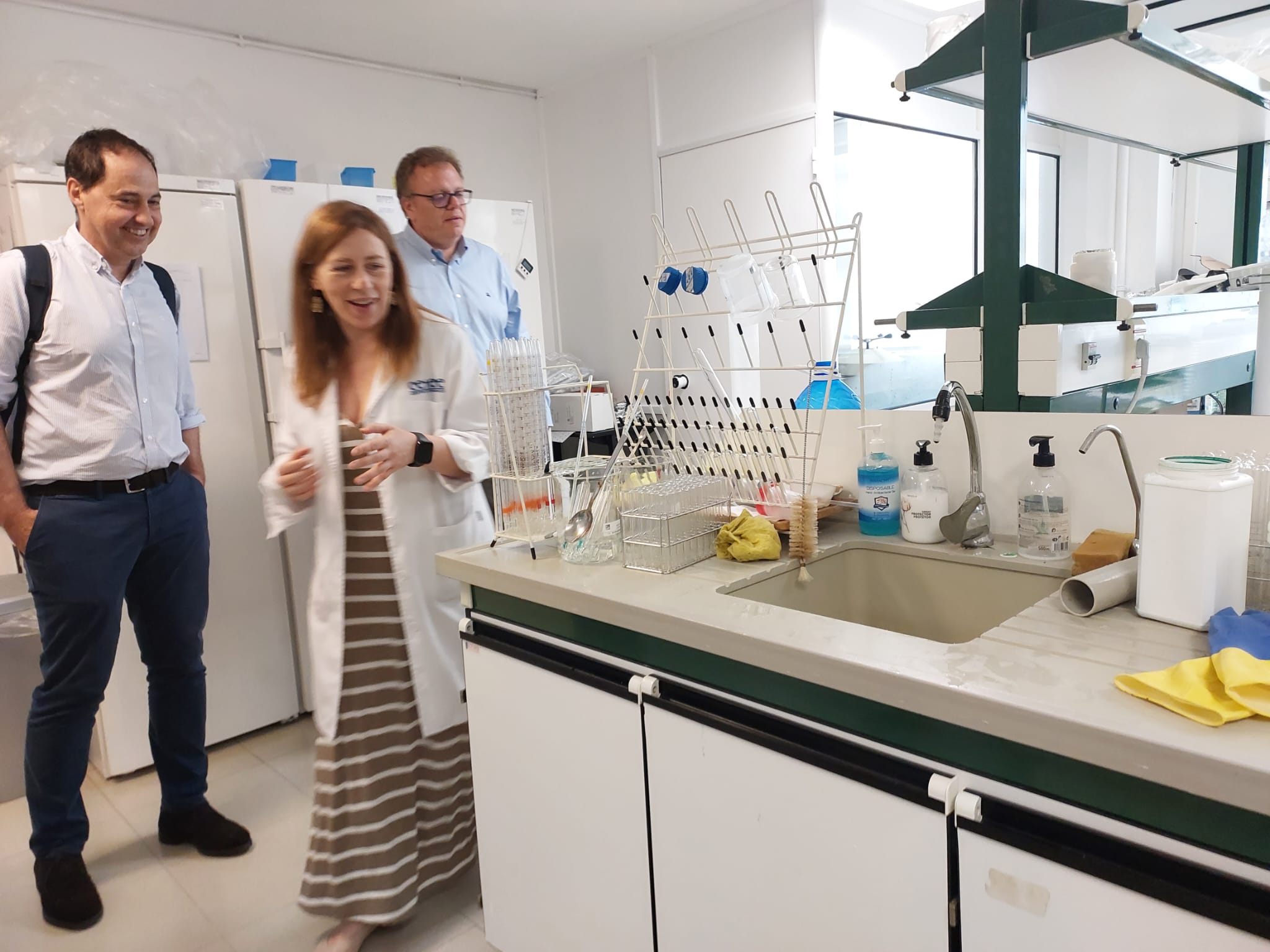
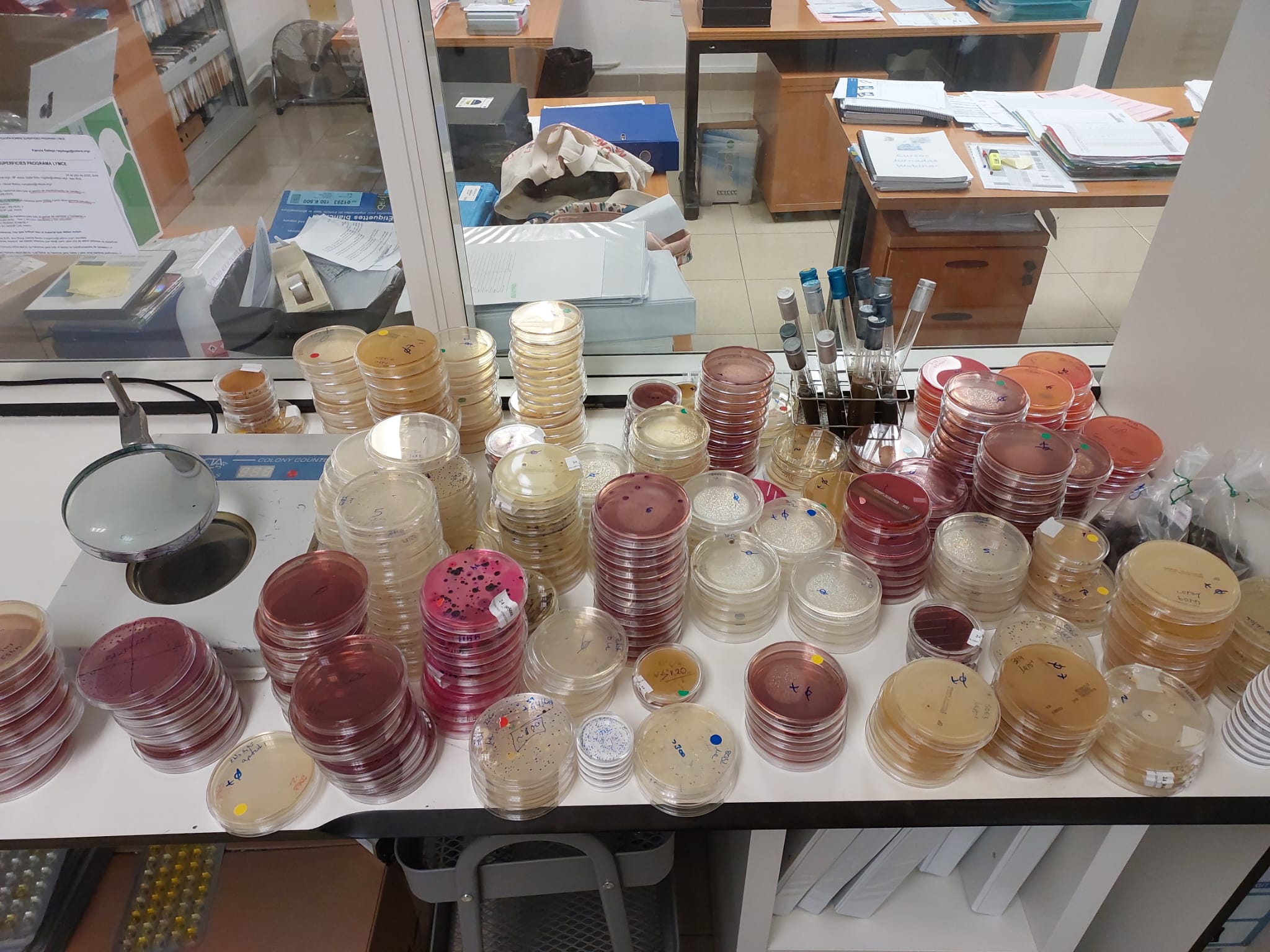
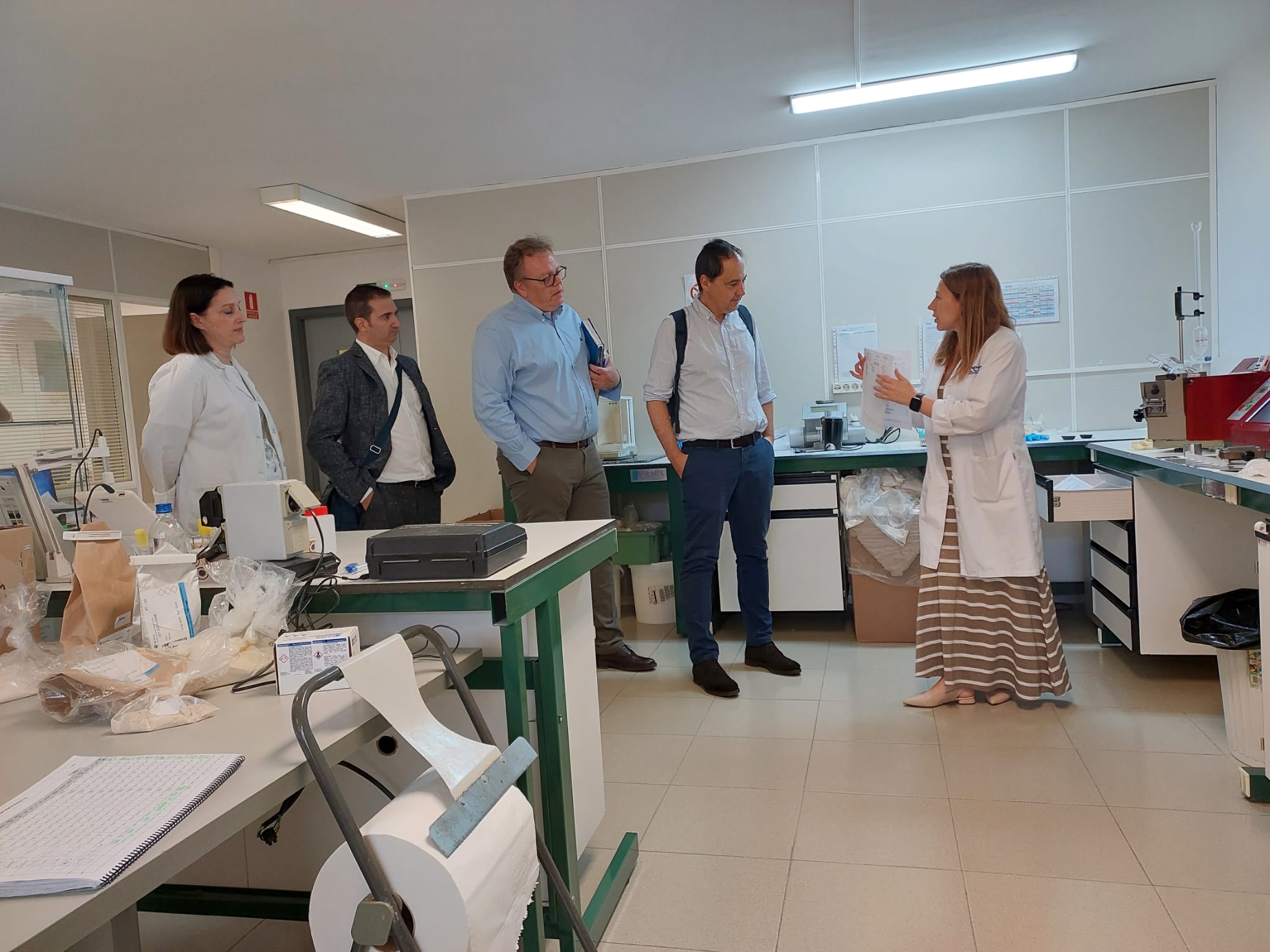
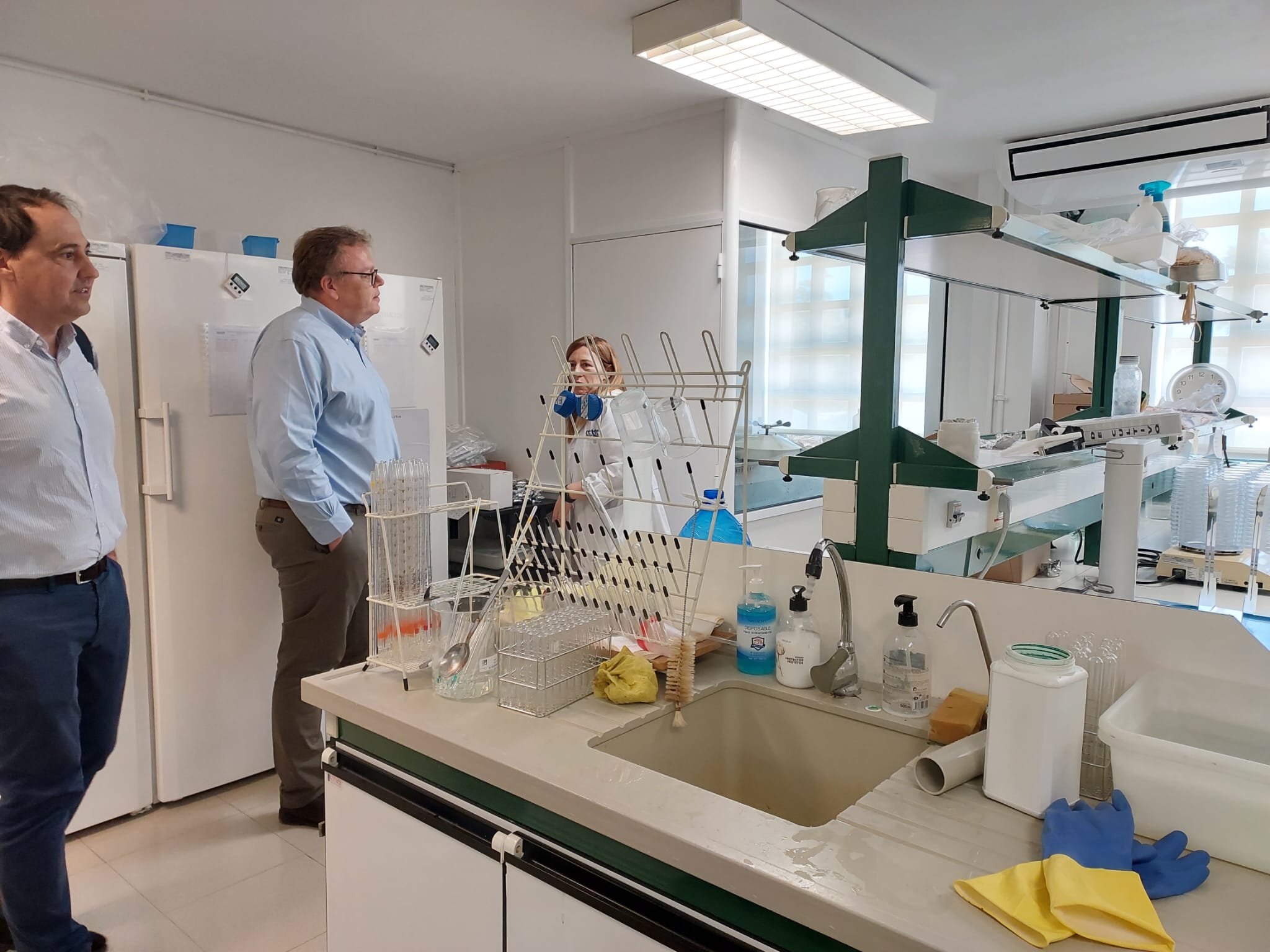
Strengthening agri-food quality and traceability
The day began with a presentation by Jesús Paradinas Rodríguez, Head of the Industrial Planning and Association Service of the General Directorate of Industry and the Agri-Food Chain. Paradinas outlined the regional strategic framework for agri-food quality, safety and traceability, highlighting the importance of monitoring the regulations that guarantee food quality and safety in Castilla y León.
The EIT-Food presentation then addressed the opportunities to boost innovation and education in the food sector, highlighting the global food challenges and the need to strengthen the European economy through innovative solutions, focused on the three missions of the EIT-Food community, made up of more than 250 partners: Healthy Food, Zero Emissions and Resilient Food Chain.
Sharing knowledge and skills
During the event, CETECE presented its Quality and Traceability Area, where evolutions and challenges in food safety were presented. Ana Rosa García Benito, Head of the Food Quality and Safety Department, explained the systems that industries must implement to guarantee the quality of food products.
In addition, José Ramón Bahillo Villa, a technician in the same department, discussed the IFS, BRC and Food Defense standards, which promote food safety and defense against possible threats. Eva Mª Velasco Pascual, Head of the Laboratory, explained how quality control through analytical tests adds value to food products.
Innovation in forest products management
Rodrigo Gómez Conejo, Head of Digital Technologies and Applications at Cesefor, presented success stories in the digitization of the management of non-timber forest products, such as mushrooms, resin and chestnuts, highlighting the importance of digitization in overcoming historical challenges in the taxation and sanitary control of these products.
Networking and collaborative projects
The networking session allowed attendees to discuss collaborative projects, led by Eva Ferrero, NODDO Project Manager. Brainstorming dynamics focused on food and industrial quality and traceability were carried out, encouraging the exchange of ideas and the creation of synergies between technology centers.
Visit to CETECE facilities
The visit concluded with a tour of the CETECE facilities, where attendees were able to see first-hand the infrastructure and equipment available, followed by a joint lunch that allowed them to strengthen ties among the participants.
This event has proven to be a catalyst for collaboration and innovation, laying the groundwork for future joint initiatives in the region. The third intercenter visit organized by NODDO at CETECE has been a clear example of how strategic cooperation can boost sustainable development and competitiveness in Castilla y León.
The intercenter visit to CETECE consolidates the importance of collaboration between technology centers and the regional administration to advance in food and industrial quality and traceability.
With events like this, Castilla y León reaffirms its commitment to innovation and sustainable development, positioning itself as a benchmark in the promotion of a more circular and collaborative economy.



